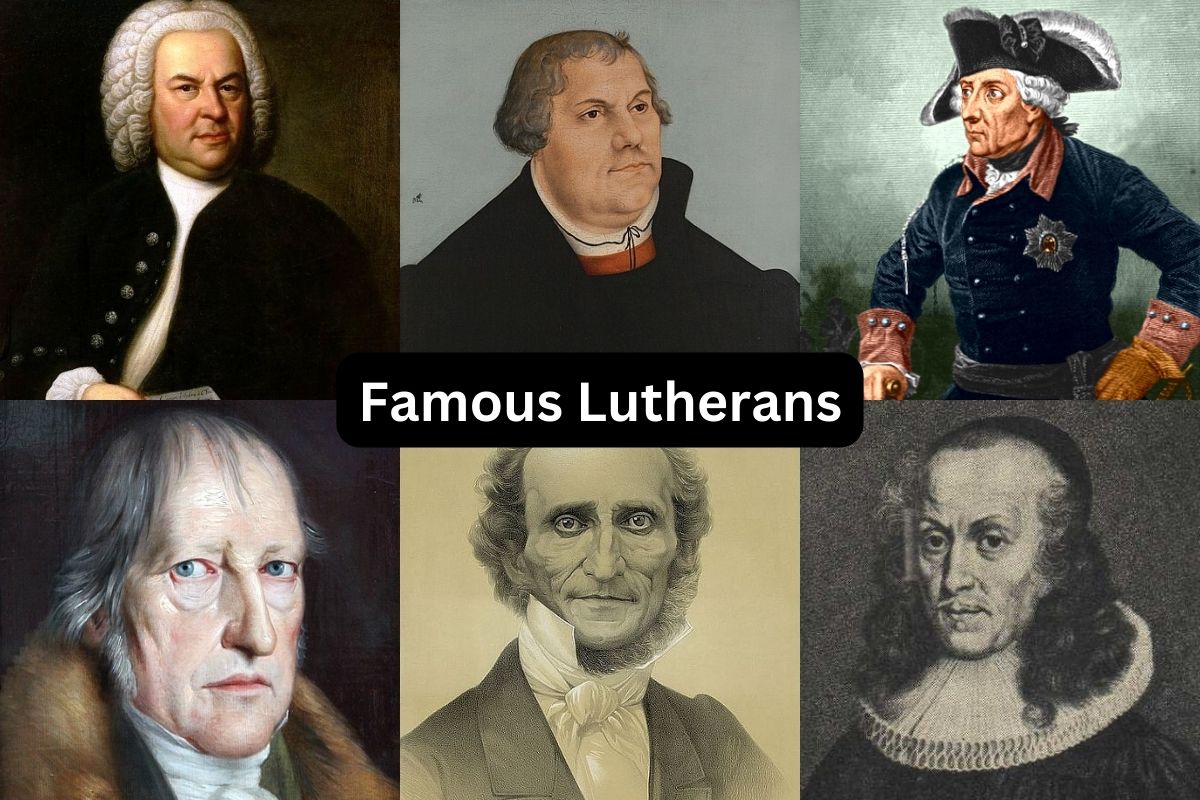Lutheranism, a major branch of Protestant Christianity, has produced a remarkable array of individuals who have left an indelible mark on history and faith.
From the transformative teachings of Martin Luther to the timeless compositions of Johann Sebastian Bach, these famous Lutherans have influenced theology, music, philosophy, and even politics.
In this article, we delve into the lives and contributions of some of the most prominent Lutherans, from theologians who challenged oppressive regimes to philosophers who reshaped our understanding of existence.
Join us on a journey to explore the enduring legacies of these remarkable figures and their profound impact on the world.
Famous Lutherans
1. Martin Luther
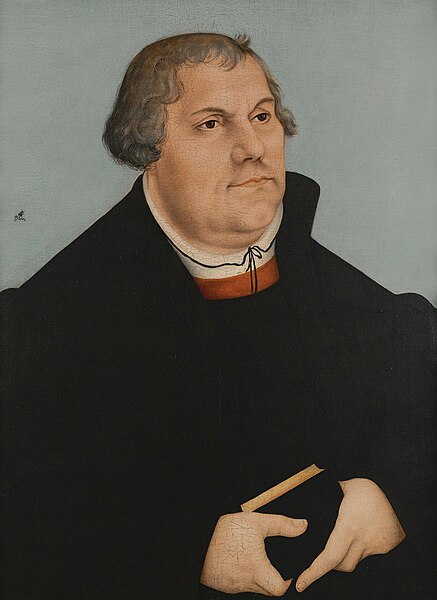
Martin Luther is the central figure in the Protestant Reformation, which began in the early 16th century. He was a German theologian, professor, and priest who became disenchanted with the practices of the Roman Catholic Church, particularly the sale of indulgences.
Luther’s “95 Theses,” which he famously posted on the door of the Castle Church in Wittenberg in 1517, criticized the Catholic Church’s teachings on indulgences and sparked a movement for reform within the Church.
He translated the Bible into German, making it more accessible to the common people and greatly influencing the development of the German language.
Luther’s teachings emphasized salvation by faith alone (sola fide) and scripture alone (sola scriptura), laying the foundation for what would become Lutheranism and other Protestant denominations.
2. Johann Sebastian Bach
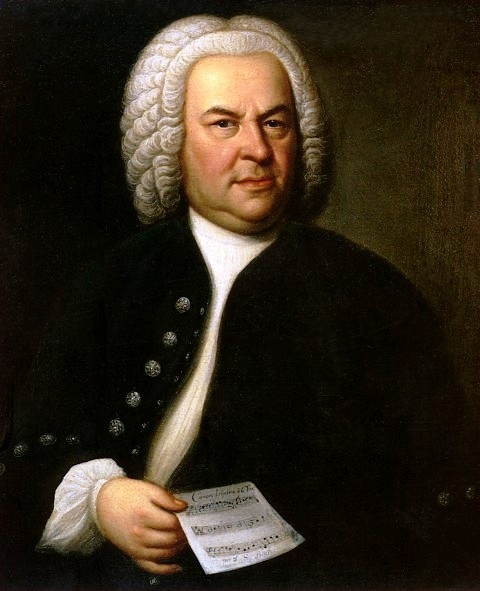
Johann Sebastian Bach was a German composer and musician of the Baroque period, widely regarded as one of the greatest composers in Western classical music history.
Bach was a devout Lutheran, and his faith deeply influenced his compositions. He wrote many sacred works, including cantatas, oratorios, and choral music, which are considered masterpieces of religious music.
His “St. Matthew Passion” and “Mass in B Minor” are among his most famous religious compositions, showcasing his remarkable talent for combining intricate musical forms with profound spirituality.
Bach’s music continues to be performed and admired worldwide for its technical brilliance and spiritual depth.
3. Frederick the Great
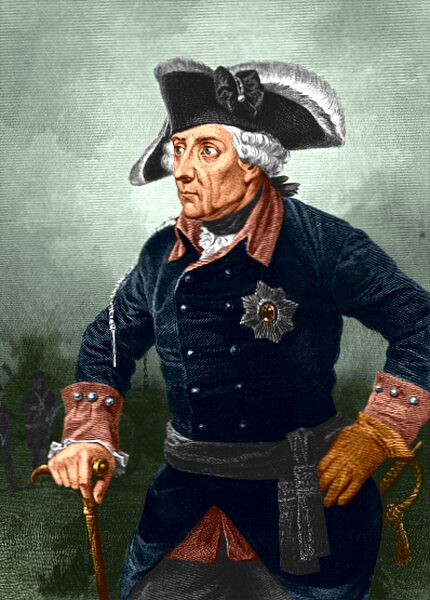
Frederick the Great, also known as Frederick II of Prussia, was a prominent monarch during the 18th century. He ruled as the King of Prussia from 1740 to 1786.
Frederick was a Lutheran and a proponent of religious tolerance within his realm. He implemented a policy known as the “Religious Edict of 1740,” which granted religious freedom to Catholics and Calvinists in predominantly Lutheran Prussia.
Despite his military achievements and political reforms, Frederick is also known for his patronage of the arts and his support for Enlightenment thinkers, making Prussia a center of cultural and intellectual activity during his reign.
He was a complex figure, known for his military prowess, religious tolerance, and contributions to the arts and philosophy.
4. Dietrich Bonhoeffer
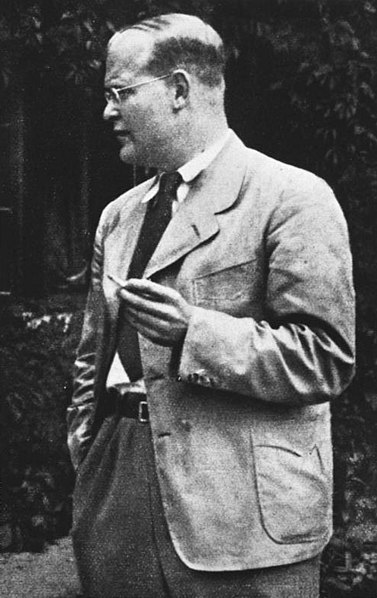
Dietrich Bonhoeffer was a German Lutheran pastor, theologian, and outspoken critic of the Nazi regime during World War II. He is known for his courageous opposition to the atrocities committed by the Nazis, particularly against Jews and other persecuted groups.
Bonhoeffer’s theological work, including books like “The Cost of Discipleship,” emphasized the importance of living a genuine Christian life and standing up for justice in the face of evil.
He was actively involved in the Confessing Church movement, which resisted the Nazification of the German Protestant Church. Bonhoeffer’s resistance activities eventually led to his arrest and imprisonment by the Gestapo.
Tragically, Dietrich Bonhoeffer was executed by the Nazis in 1945, just days before the liberation of the concentration camp where he was held. His writings and his life continue to inspire Christians and activists worldwide.
5. C. F. W. Walther
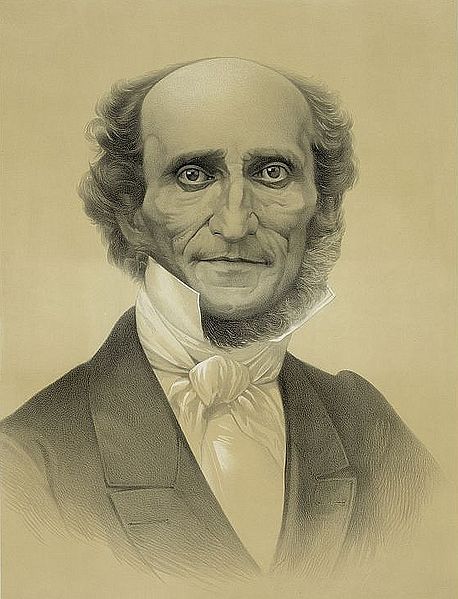
Carl Ferdinand Wilhelm Walther was a prominent theologian and pastor who played a significant role in the development of Lutheranism in the United States.
He was one of the founders of the Lutheran Church–Missouri Synod (LCMS), a major Lutheran denomination in the U.S., and served as its first president.
Walther’s theological work focused on the importance of maintaining doctrinal purity and a clear confession of faith. He played a pivotal role in the preservation of Lutheranism in America and the establishment of educational institutions and seminaries.
His leadership and commitment to Lutheran orthodoxy have had a lasting influence on the LCMS and American Lutheranism as a whole.
6. Martin Niemöller
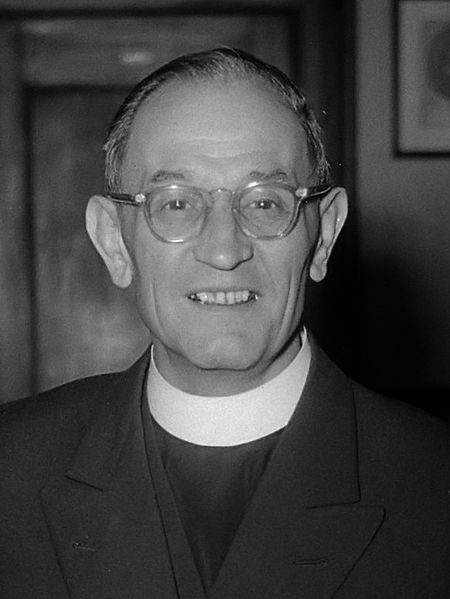
Martin Niemöller was a German Lutheran pastor and theologian who initially supported Adolf Hitler and the Nazi regime but later became a vocal critic.
He is best known for his famous quote, “First, they came for the socialists, and I did not speak out because I was not a socialist…” which reflects his remorse for not speaking out earlier against the Nazis’ persecution of various groups.
Niemöller was arrested by the Gestapo in 1937 and spent years in concentration camps. After World War II, he became an advocate for peace and reconciliation and played a role in the post-war rebuilding of the German Evangelical (Lutheran) Church.
His experiences and activism made him a symbol of moral courage and the consequences of political apathy.
7. Paul Tillich
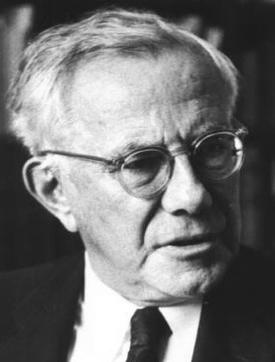
Paul Tillich was a German-American theologian and philosopher known for his influential work in existentialist theology and philosophy of religion.
He explored the relationship between faith and culture and sought to make theology relevant to contemporary intellectual and cultural contexts.
Tillich’s major works include “The Courage to Be” and “Systematic Theology,” in which he addressed themes such as existential anxiety, the nature of God, and the human condition.
His writings had a significant impact on 20th-century theology and continue to be studied by theologians, philosophers, and scholars of religion.
8. G. W. F. Hegel
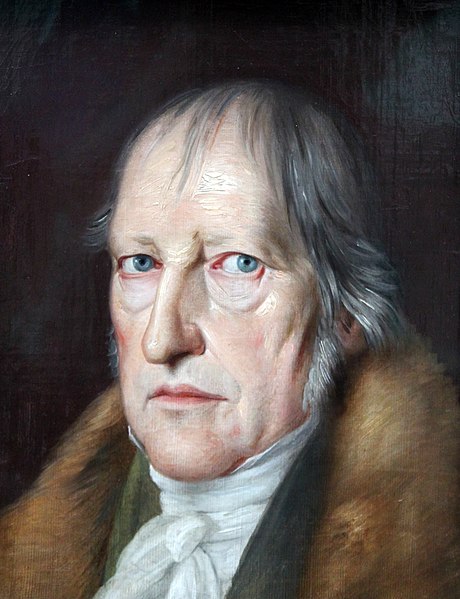
Georg Wilhelm Friedrich Hegel was a German philosopher who made significant contributions to Western philosophy, particularly in the areas of metaphysics, ethics, and political philosophy.
Hegel’s work, “The Phenomenology of Spirit” and “Science of Logic,” laid the foundation for his dialectical method and the concept of historical development through the dialectical process.
While not primarily a theologian, his ideas had a profound influence on Christian theology, including the development of theological liberalism and theologies of history.
Many theologians and philosophers have engaged with Hegel’s ideas in theological discussions and have sought to integrate his philosophy with Christian thought.
9. J.S. Spener
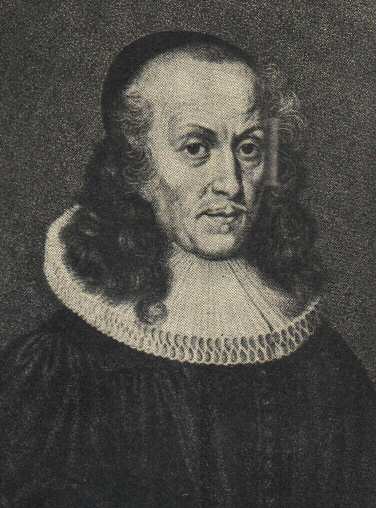
Philipp Jakob Spener was a German theologian and the founder of the Pietist movement, which sought to revitalize and reform Lutheranism in the late 17th century.
Spener emphasized personal piety, Bible study, and a more heartfelt, experiential approach to faith. He called for a return to the basics of Christian living and a deeper spirituality.
His influential book, “Pia Desideria,” outlined his vision for a renewed and more vibrant Christian life, inspiring a movement that had a lasting impact on Protestantism and missions.
10. Helmut Thielicke
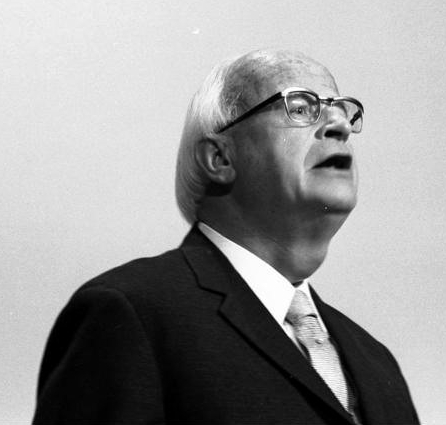
Helmut Thielicke was a German Lutheran theologian and preacher known for his dynamic sermons and influential writings on Christian ethics and theology.
He was a prominent voice in post-World War II Germany, addressing questions of faith, ethics, and the challenges of the modern world.
Thielicke’s works, such as “Theological Ethics” and “The Waiting Father,” explored the intersections of theology, ethics, and contemporary culture, making Christian ethics accessible and relevant to a broad audience.
